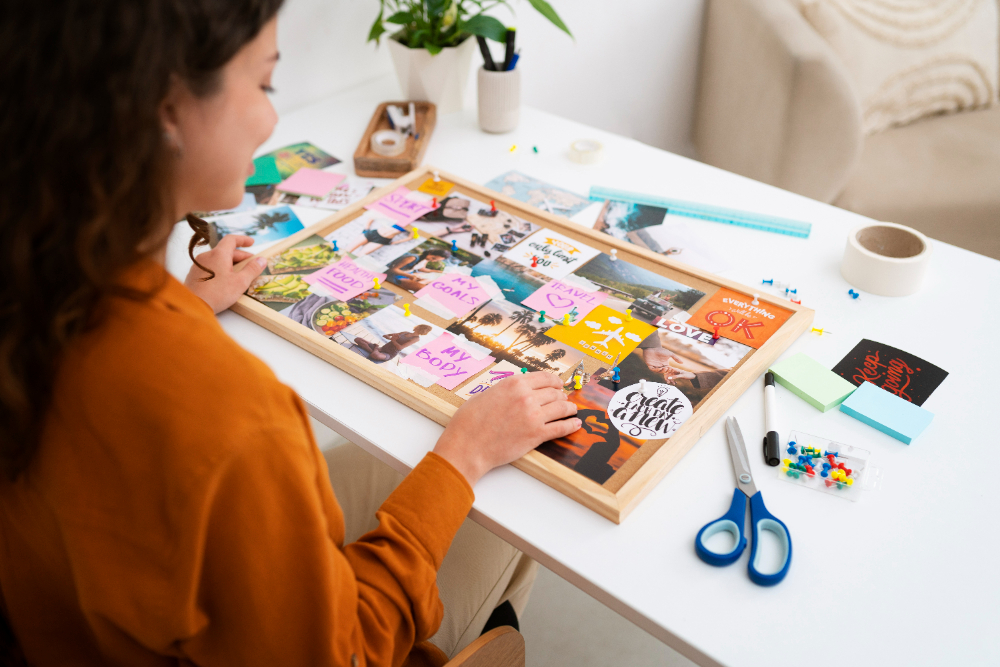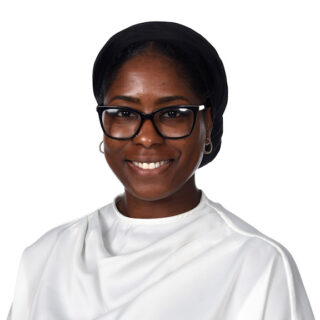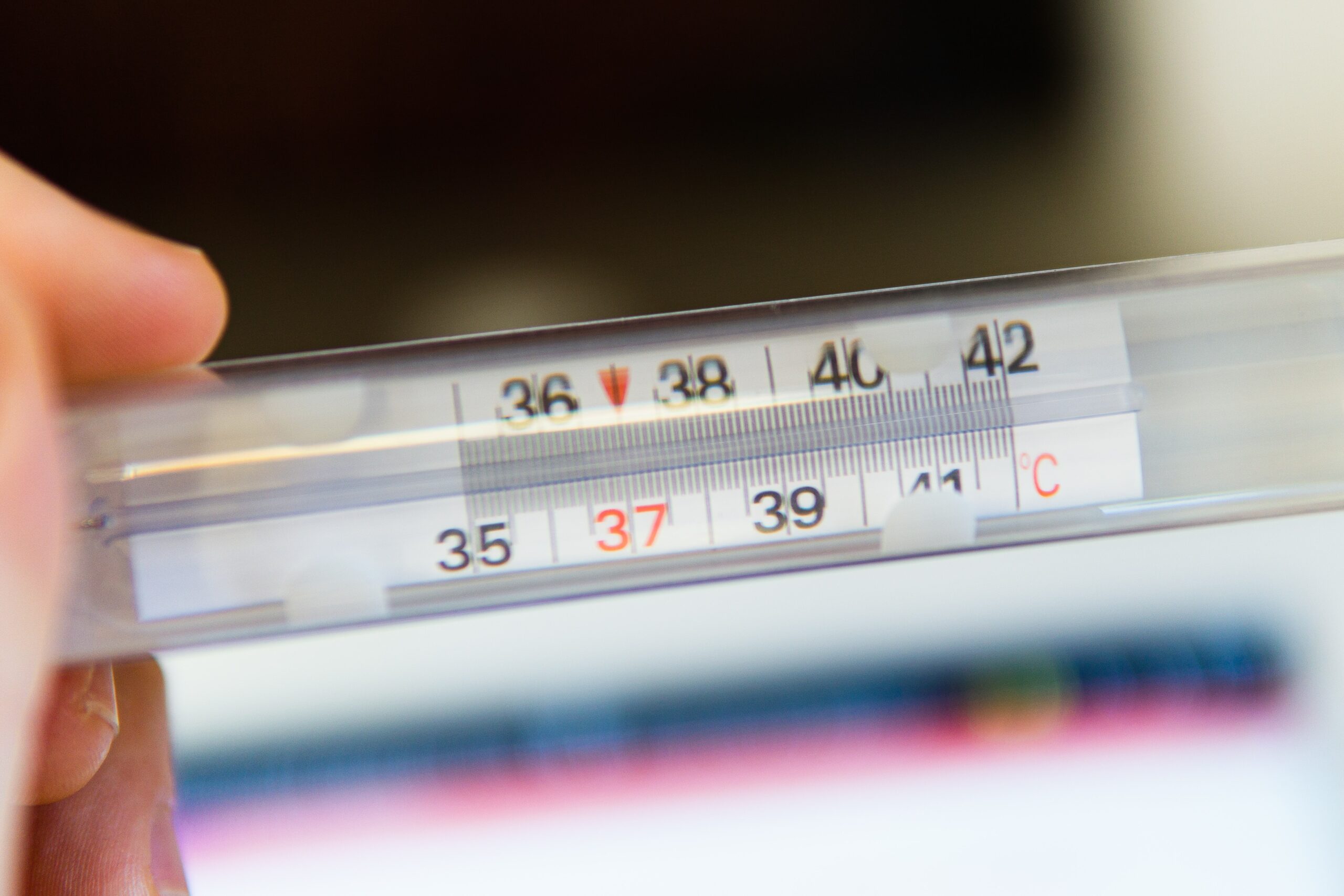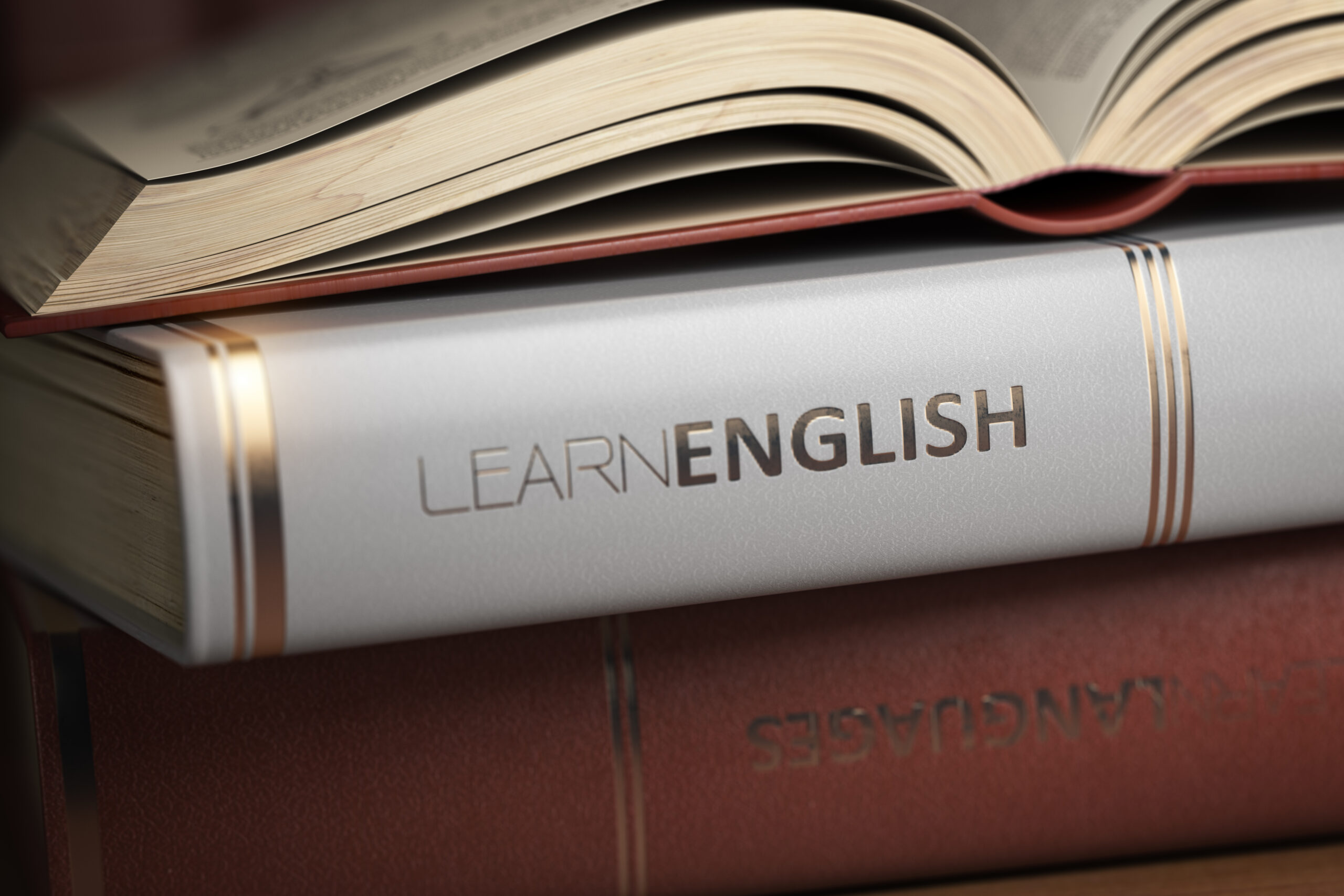5 reasons why it’s a mistake to do the IB

I am constantly frustrated by the number of students we work with who struggle with the IB Diploma when there are other options.
Students find it tough for many different reasons, but for all of them there is an alternative, if only they would look for it.
Yes, choosing a different programme can be frightening. It can mean changing school, moving in a new direction, making a decision that is different from those of friends.
But from the years of working with thousands of parents and students, these are the 5 mistakes students make in choosing the IB.
Take a look to see how you can make a better choice.

1. The IB could be a mistake if you are not an all-rounder.
If you are strong in a few subjects, weak in others and still choose to take the IB, it might be the equivalent of shooting yourself in the foot. Why would you take a course that puts you at a disadvantage?
The Head of an international school in Zurich and I were discussing the pros and cons to choosing the IB and he said “the IB Diploma is great for all-rounders but subject specialists will be penalised.”
What is frustrating is that there are other options available (APs, A Level, IB Careers Programme etc) for students who would be disadvantaged by taking the 6 required subjects.
To be clear, this is not about being smart or not. Many highly intelligent people excel in a few subjects, but the fact that the IB requires students to take a broad range subjects can be tough for some students. Here are the subject groups below that a student must choose from.
One of the biggest issues is the IB requirement for students to take Maths to a relatively high standard. This alone penalises many students who would get better results if they could drop the subject.
We have more information here on what the current Maths curriculum looks like for the IB Diploma.
2. Don’t choose the IB if you aren’t interested in the IB core.
Some students see “the core” as “extra work” they have to do and want to do the minimum as it only accounts for 3 points. A mistake.
This approach makes it harder to get top grades and misses the point that a student who works hard at “the core” can use it to get better grades in their other subjects.
The IBO organisation states that “the core” aims to “broaden students’ educational experience and challenge them to apply their knowledge and skills.” It is made up of 3 parts:
- Theory of knowledge, in which students reflect on the nature of knowledge and on how we know what we claim to know.
- The extended essay, which is an independently researched, 4,000-word paper.
- Creativity, activity, service, where students complete an independent project linked to those three concepts.
The extended essay and TOK are each marked A (highest) to E (lowest). CAS is not marked, but completion is required to earn the diploma.
Not working hard at “the core” is a mistake. The IB Diploma Coordinator at an international school in Lausanne, now head of an IB school in the Middle East framed it like this; “the IB core can be worth a point per subject.” Meaning that by applying themselves to “the core” students can use what it teaches them to do better in other subjects too.
So, if you are thinking about choosing the IB, take a long look at “the core,” and if you aren’t keen to work hard on those areas then better choose a programme without this element.
Both APs and A Levels do not have these components, so could be an alternative.

3. Doing the IB is a mistake if you ONLY want to work hard on the subjects you love.
There is nothing wrong with loving some subjects more than others. In fact, most of us are more motivated to work on the things we like. But don’t kid yourself that you will be able to get top marks on the IB and take this approach.
If you hate Maths, I guarantee you won’t like it any more studying it at a higher level for the next 2 years. Why torture yourself when there are other options?
So, let’s take a quick look at the alternatives that will play to your strengths:
Book free trial with our certified IB teachers today
100 % of tutors are certified teachers and examiners
IB Careers Programme or IBCP
It is a two-year course just like the IB Diploma, but the appeal of the IBCP is that students can choose to study vocational subjects like business, art and design and hospitality alongside at least two academic DP subjects.
It allows for much more portfolio work and less exam testing than the DP. There is an element of work experience and the objective is to prepare students for university or work focusing on more vocational study.
This programme has been offered by the IB Organisation since 2006 but was re-launched in 2014. It is offered in over 23 countries and 215 schools (a number of these in Switzerland), and prepares students for university and a range of careers.
Here for more information
A Levels
They are highly specialised and typically students study just three subjects but go into more depth in each one. Students love the fact they can pick their strongest subjects and drop the others.
Also, a two-year course, they stand for Advanced Level. There is also an AS level available which is one-year course and stands for Advance Subsidiary Level and requires half the amount of work.
The exams are graded A-E and are a globally recognised path to university. The Cambridge exam board provide the international A Level and you can find out more about them here. Schools offering A Levels in Switzerland include Hull’s School and Academia International School in Zurich, Brillantmont School in Lausanne and the British School of Geneva and Geneva English School.
Advanced Placement or APs
Advanced Placement tests were designed for American high school students as a preparation for university. They are flexible in the sense that you can take as few or as many as you want. There is only one single level, with no need to choose Standard or Higher Level.
APs are available at Swiss international schools including Collège du Léman, ISZL, and TASIS.
AP exams include multiple-choice questions with a long answer section, either in an essay or problem-solving format. They could be the right choice for students who score well at standardised testing.
4. Choosing the IB because your friends are doing it is a BIG mistake.
Everyone is different, just because the IB suits your friends’ style of learning it might not be best for you.
Are you strong at critical thinking?
The IB (both CP and DP) is designed to focus more on critical thinking skills, while APs are focused more on learning specific content, then testing it via exams.
Is writing a strength?
The IB has more focus on writing, both in the subjects and with the addition of the Extended Essay and Theory of Knowledge which are part of “the core”. If this is not a strength, APs are worth considering.
How do you do in exams?
Each of these programmes has different proportions of course work and examinations making up the final grade. Know what you do best and choose a course which plays to your strengths.
Are you organised and work in a consistent way or more last minute?
With the work required for “the core” the IB penalises students who can’t plan and work consistently over the two-year course.

5. Don’t do the IB because you think it is the only option available.
It is tempting to want to stay with friends at the same school but doing the IB because the idea of changing school is too scary is a big mistake.
Many students we work with at TutorsPlus don’t consider the alternatives and automatically move on to the IB without reflecting on whether it is right for them.
Instead, optimise and play to your strengths.
Why do you think that international schools in Switzerland have many local Swiss students who are doing just that and choosing not to do the Swiss Matu programme?
Course work components and exam styles are very different. Review all your options. Ask your teachers for their advice. Talk to students you know who are already studying the course.

There are alternatives to the IB whether it is Geneva, Zurich, Zug, Ticino or Lausanne. Alternatives are offered by international schools which may be a better match with your skills.
It is a “no brainer,” who wouldn’t want to get the best final grade possible and increase their chances of getting into the university of their dreams?
With all the work we do with parents and students I wish more families and students think carefully before choosing the IB.
For a multitude of reasons students automatically take the IB Diploma path, but many don’t realise they would get better final grades if they were on a different course.
I urge all parents and students to go through the steps to consider all options, even if in the end the IB is the best option.
Do students make the most of their abilities by playing to their strengths?
Or, do too many students struggle through parts of the IB Diploma and would have done better on other courses? Let me know your thoughts below.
By Sara Lloyd
Sara has been an education consultant for TutorsPlus for over 10 years and is an expert on international education in Switzerland. She is also a parent of two lively children.
To find out more about TutorsPlus or call us on (+41) 731 81 48. You can also email Sara at .
To book a tutor click here













